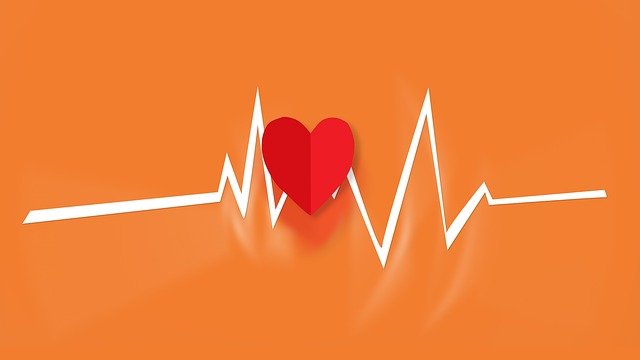Hidden Signs of a Heart Attack You Shouldn’t Ignore
Could your body be signaling a potential heart issue? Some individuals report experiencing subtle physical changes days or even weeks before a cardiac event. Recognizing early signs—such as persistent fatigue, mild chest pressure, or unusual shortness of breath—can support timely medical attention. In this article, we explore these signals and why paying attention to them could help support your heart health.

What Are the Most Common Early Warning Signs of Heart Problems?
Heart disease often develops gradually, sending warning signals that many people dismiss as normal aging or stress. The most common early signs include unexplained fatigue that doesn’t improve with rest, particularly in women. This overwhelming tiredness can occur weeks before a heart attack and may feel different from normal exhaustion.
Chest discomfort is another critical warning sign, though it doesn’t always present as severe pain. Many people describe it as pressure, squeezing, or fullness in the center of the chest. The sensation may come and go, lasting several minutes each time. Sometimes this discomfort radiates to the arms, neck, jaw, or back.
Shortness of breath without obvious cause is equally concerning. This can occur with or without chest discomfort and may happen during routine activities that previously caused no breathing difficulties. Some people experience this symptom while lying flat or during sleep.
How Does Your Body Signal Serious Heart Risk?
Your cardiovascular system communicates distress through various physical manifestations that extend beyond the chest area. Cold sweats, particularly when accompanied by other symptoms, represent a significant warning sign that shouldn’t be ignored. These sweats often feel different from those caused by physical exertion or warm weather.
Digestive symptoms create another pathway for heart-related warnings. Nausea, vomiting, or indigestion-like sensations can indicate cardiac problems, especially when they occur alongside other symptoms. Many people, particularly women, report feeling like they have severe heartburn or stomach flu before experiencing a heart attack.
Irregular heartbeats or palpitations serve as direct signals from your cardiovascular system. While occasional irregular beats are normal, persistent changes in heart rhythm, especially when combined with dizziness or lightheadedness, require immediate medical attention. Some people describe feeling like their heart is racing, fluttering, or skipping beats.
What Physical Changes Should Never Be Ignored?
Several physical changes can indicate developing heart problems and should prompt immediate medical evaluation. Swelling in the legs, ankles, or feet often signals that the heart isn’t pumping blood effectively, causing fluid to accumulate in the lower extremities. This swelling typically worsens throughout the day and may be accompanied by rapid weight gain.
Persistent coughing, especially when it produces white or pink blood-tinged mucus, can indicate heart failure. This symptom often worsens when lying down and may be accompanied by wheezing or difficulty breathing during normal activities.
Changes in skin color shouldn’t be overlooked either. A bluish tint to the lips, fingernails, or skin indicates insufficient oxygen in the blood, which can result from heart problems. Additionally, excessive sweating during routine activities or while at rest may signal that your heart is working harder than normal to pump blood.
When Should You Seek Immediate Medical Help?
Certain symptoms demand immediate emergency medical attention, regardless of their severity or your age. Call 911 immediately if you experience crushing chest pain that lasts more than a few minutes or comes and goes repeatedly. Don’t drive yourself to the hospital or wait to see if symptoms improve.
Seek emergency care if you have chest discomfort combined with shortness of breath, cold sweats, nausea, or lightheadedness. Women should be particularly aware that their heart attack symptoms may be more subtle, often presenting as back pain, jaw pain, or extreme fatigue rather than obvious chest pain.
If you experience sudden severe symptoms including difficulty breathing, fainting, or rapid irregular heartbeat, don’t hesitate to call for emergency medical services. Time is critical during a heart attack, and every minute of delay can result in more heart muscle damage. Emergency medical teams can begin treatment immediately and are equipped to handle cardiac emergencies during transport.
Remember that heart attack symptoms can vary significantly between individuals and may develop gradually over hours or even days. Trust your instincts – if something feels seriously wrong with your body, seek medical attention promptly rather than waiting for symptoms to worsen.
Recognizing the hidden signs of heart problems empowers you to take action before a medical emergency occurs. While these symptoms don’t always indicate an impending heart attack, they warrant professional medical evaluation to rule out serious cardiovascular conditions and ensure appropriate treatment if needed.
This article is for informational purposes only and should not be considered medical advice. Please consult a qualified healthcare professional for personalized guidance and treatment.




